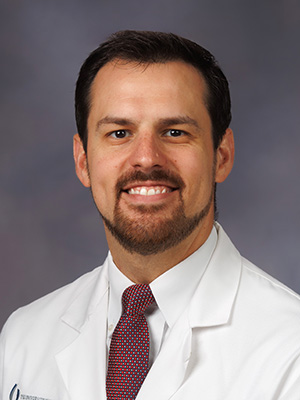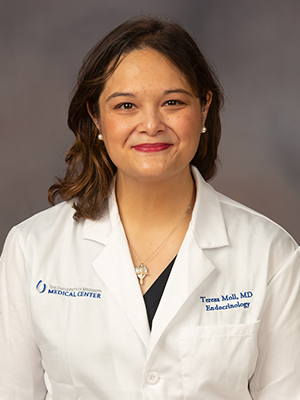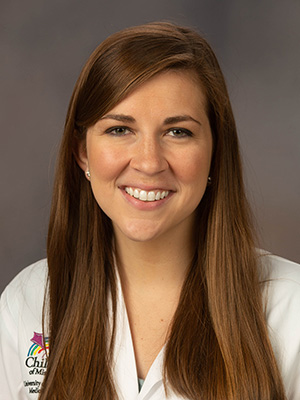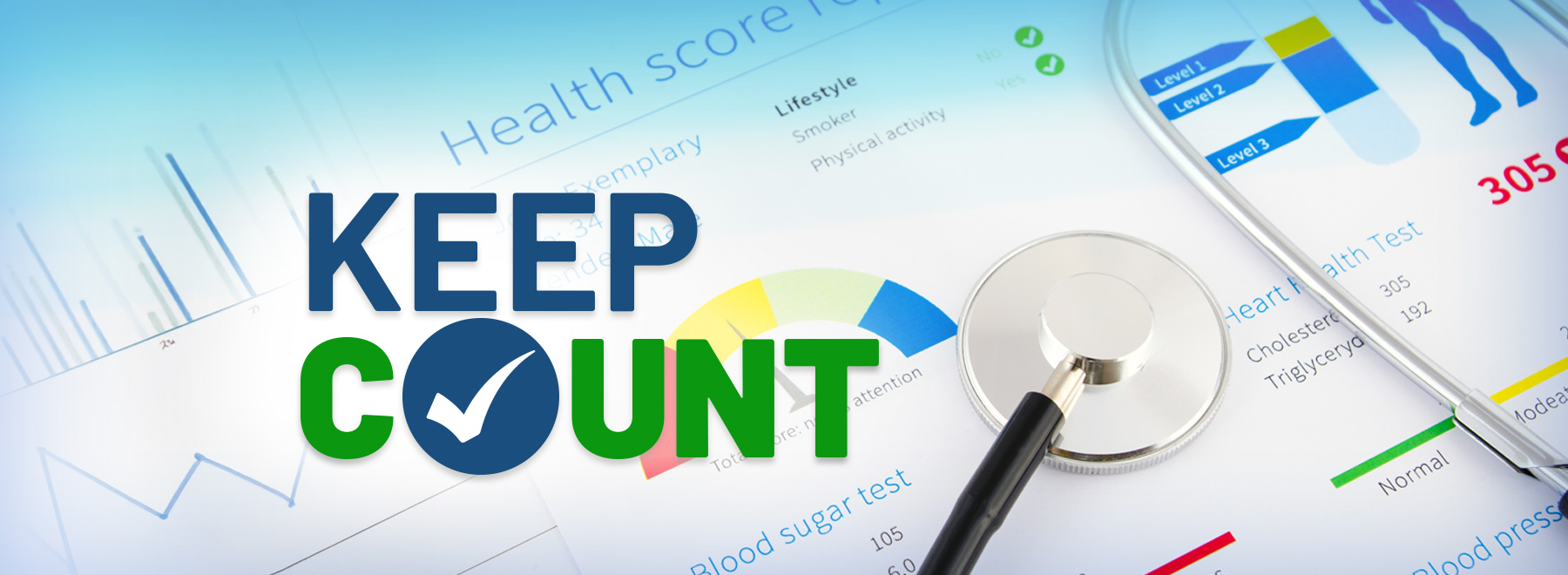Managing your numbers adds up to better health for life
Numbers can be sobering when it comes to health care, especially in Mississippi.
Nearly 1 million adults in the state have high blood pressure, according to recent studies. Poor heart health causes about one-third of all premature deaths in the state. And the state ranks second in the nation for the number of people living with diabetes.
Still, it’s never too late to get ahead of vital numbers to map out a better quality of life. And that means having blood pressure checked and monitored, if need be, measuring dietary cholesterol levels and checking blood sugar levels, or A1C.

“Most people know the mileage on their car, but don’t know the numbers that tell the story of our own health,” said Dr. Fowler Joiner, assistant professor of clinical medicine and internist at UMMC Colony Park South. “Numbers like blood pressure, weight, blood sugar and cholesterol can have a big impact on our health and longevity.”
Patients who see their doctor can expect a blood pressure check for nearly every kind of visit. But, Fowler said, regular checks are a good thing even when feeling good. Normal blood pressure for most patients is a reading of 130/80 or lower.
“Recent research has suggested that blood pressures previously thought to be acceptable can still increase the risk of heart attack and stroke,” he said. “So, we shoot for a lower mark than we used to.”
Tests for cholesterol should begin by age 40 and perhaps younger for those with certain risk factors. They involve measuring high- and low-density lipoprotein, or HDL and LDL. Recommended levels of LDL, often called “bad” cholesterol, are below 100 mg/dL for those without heart disease and below 70 mg/dL for those with a prior heart attack or stroke. Also checked during routine blood work are levels of triglycerides, a type of fat in the blood used for energy.
Experts typically recommend lifestyle changes ahead of BP-lowering drugs, though calcium channel blockers are commonly prescribed in conjunction with statin drugs that lower cholesterol levels in the blood.
Diabetes mellitus, which results from an A1C of 6.5% or greater, is associated with cardiovascular disease, stroke, end-stage renal disease and dialysis, vision loss and nerve damage (neuropathy). Patients are considered prediabetic if A1C is elevated, between 5.7% and 6.4 %. Type 1 diabetes involves low levels of insulin in the blood. Type 2 diabetes involves excess sugar and carbohydrates from dietary sources and makes up 90 to 95% of the total number of diabetes cases in most people.

“Early screening and diagnosis for diabetes is essential in reducing the risk of these serious complications,” said Dr. Teresa Moll, assistant professor in the Division of Endocrinology. “Identifying prediabetes and diabetes early is key toward better outcomes at all age ranges, along with making lifestyle changes and controlling blood pressure and cholesterol.”
An equally important first step toward basic health maintenance is visiting a primary doctor, often the starting point for referrals for blood work and other specialty care as needed.

“Acute care visits are incredibly helpful for emergencies, but I always encourage patients to have a doctor who they see on a regular basis,” said Dr. Meagan Robbins, assistant professor of medicine. “Primary doctors know their patients, their families and their interests well, as well as their tendency or aversion to taking medications. This helps us take the best possible care of a patient – and that includes preventing more common conditions like cardiovascular disease.”
To schedule appointments with UMMC caregivers for screenings:


